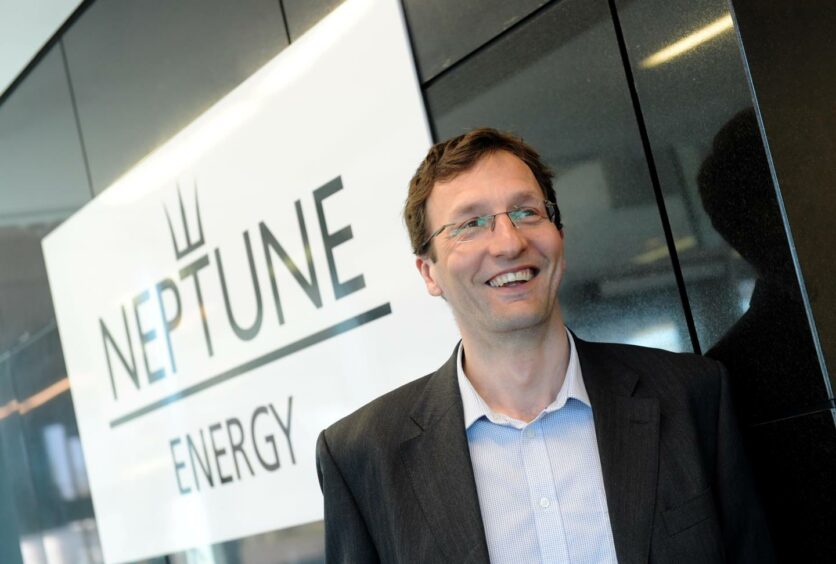
Neptune Energy has confirmed plans to commit $100 million (£76m) to the Isabella appraisal well later this year, as the UK’s new Energy Security Strategy sets the course for continued North Sea production.
Neptune executive chairman Sam Laidlaw highlighted the investment on Wednesday alongside the release of the government’s Energy Security Strategy.
The well is due to be spudded in the second half of this year, as Neptune confirmed in its annual report filings last month, with the $100m commitment split amongst project partners.
Neptune holds a 50% non-operated stake in the prospect, alongside operator TotalEnergies (30%), Ithaca Energy (10%), and Euroil Exploration (10%).
It has previously been described as “one of the most exciting prospects in the UK’s Central North Sea.”
Results from the well are expected in mid-2023, which will support commercial decisions on what Neptune again called “a potentially significant future development.”
Isabella lies on Licence P1820, in the central North Sea, about 25 miles south of TotalEnergies’ Elgin-Franklin Field, and 105 miles east of Aberdeen.
Spudded in 2019 by the Noble Sam Hartley, the initial well was drilled to a total depth of 5,557m in water depths of 80m. It encountered 210 ft of net pay of lean gas and condensate and high-quality light oil in Upper Jurassic and Triassic sandstone reservoirs.
Commenting on the strategy on Thursday, Neptune chief executive Pete Jones said:
“The Government’s energy security strategy sends a clear message to investors that the UK is re-open for business.
“By recognising the inter-related importance of North Sea production, renewables, nuclear and energy efficiency, the strategy will help bring forward the investment needed to maximise the UK’s gas and oil reserves, reduce emissions and increase the sector’s contribution to achieving net zero.
“Neptune has an important role to play. In the short term, we are looking to increase production from our Duva field in Norway, which would supply enough gas to heat an additional 350,000 UK homes. We can supply even more if the Government simply and quickly alters gas entry specifications to enable more gas to flow from our Cygnus field in the UK.
Alongside Isabella, and Duva, Mr Jones also pointed to the group’s increasing of gas plans to bring on further supplies from the Seagull field in the UK, due early next year.
The latter – a high-pressure, high-temperature field, estimated to hold around 50 million barrels – is being developed as a subsea tieback to BP’s ETAP platform.
UK country manager Alan Muirhead also outlined plans to drill additional infill wells at the Cygnus field in the Southern North Sea to help maintain supplies of gas.
Recommended for you
